Japanese researchers unveil rechargeable magnesium batteries that could challenge li-ion dominance
Electric Cars Report
APRIL 21, 2024
Researchers at Tohoku University have made a groundbreaking advancement in battery technology, developing a novel cathode material for rechargeable magnesium batteries (RMBs) that enables efficient charging and discharging even at low temperatures.

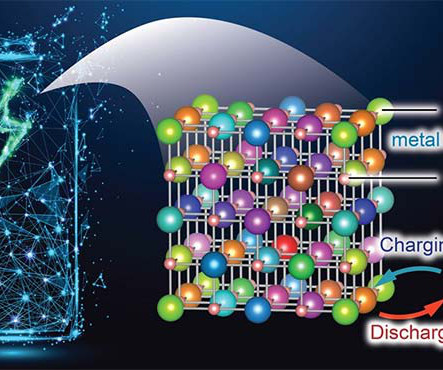
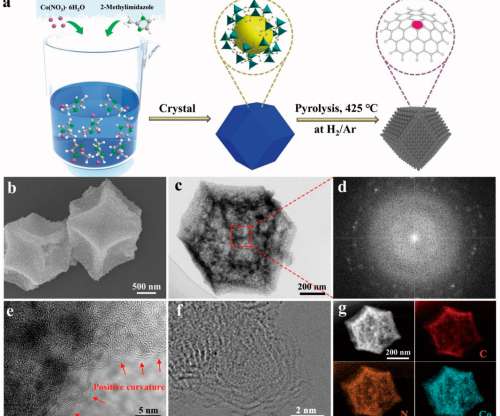

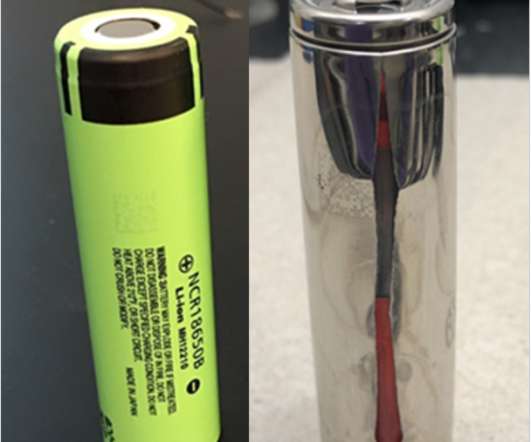

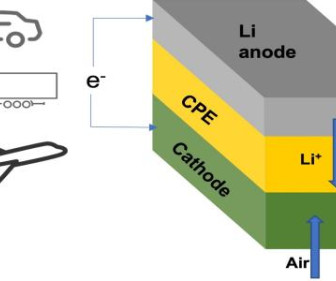





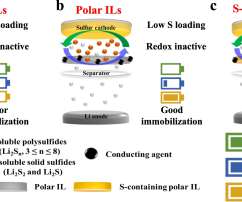
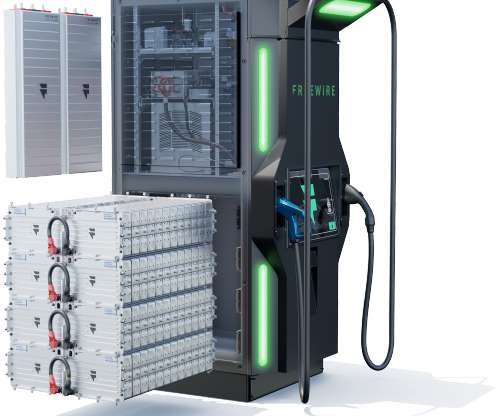
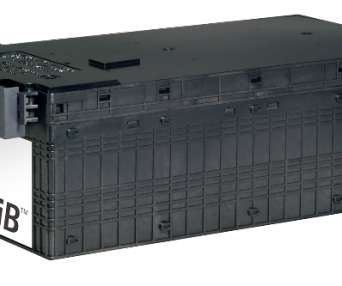





























Let's personalize your content